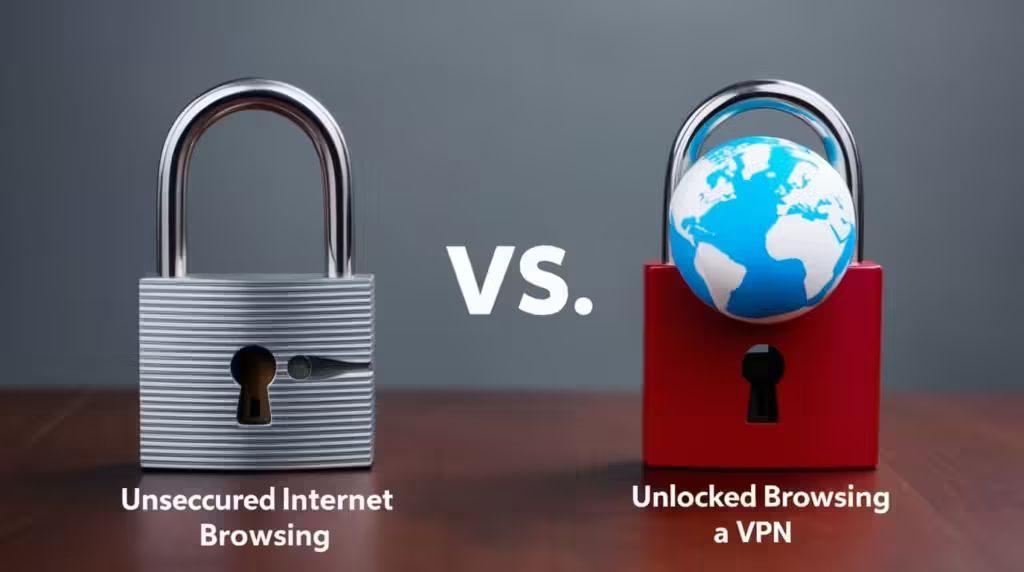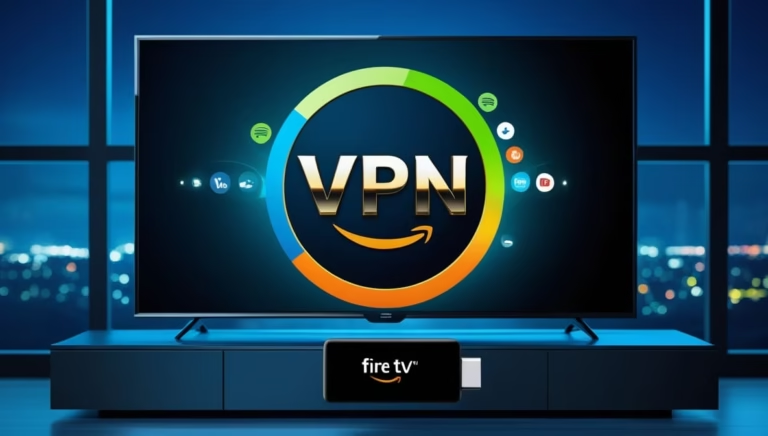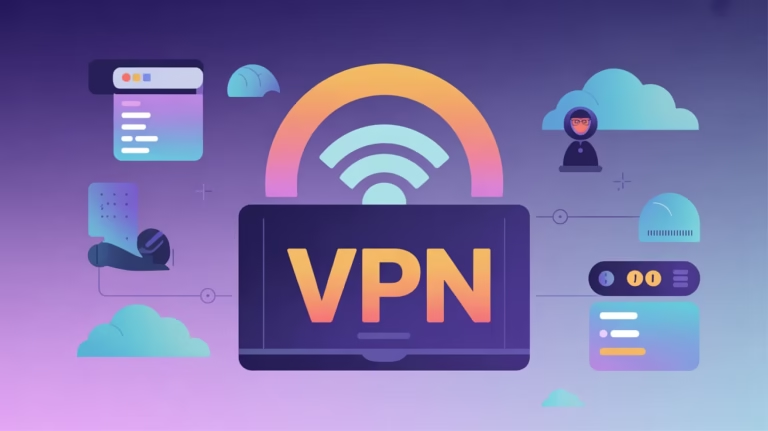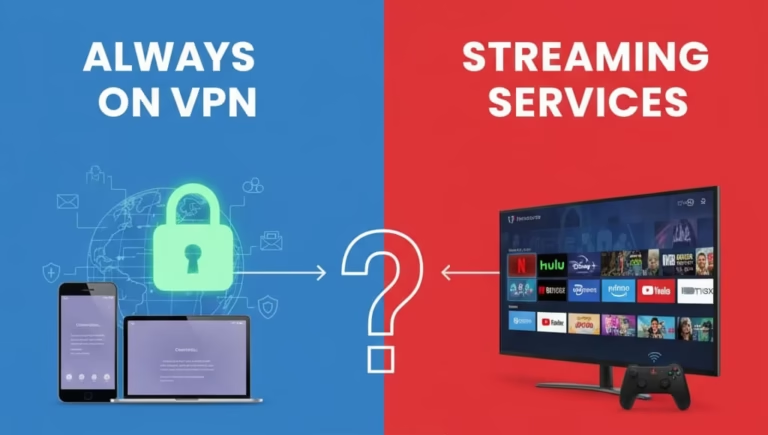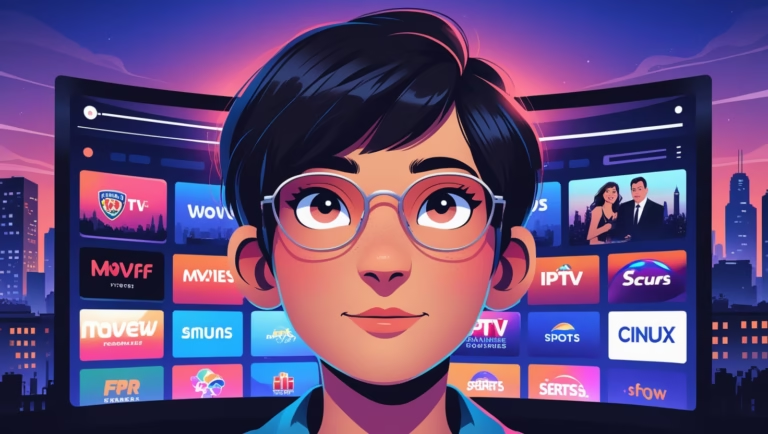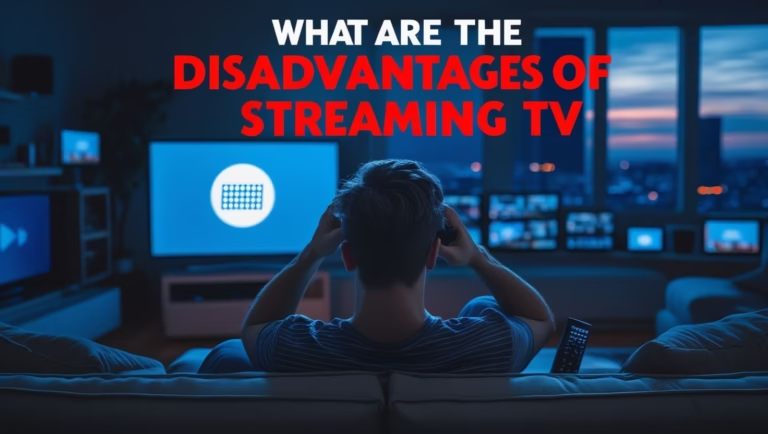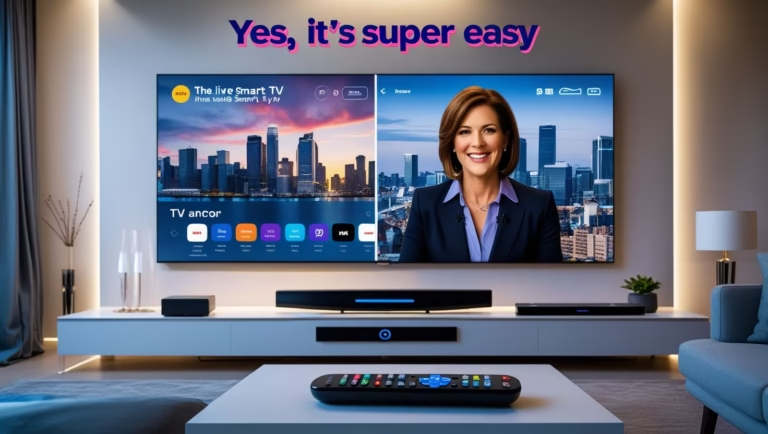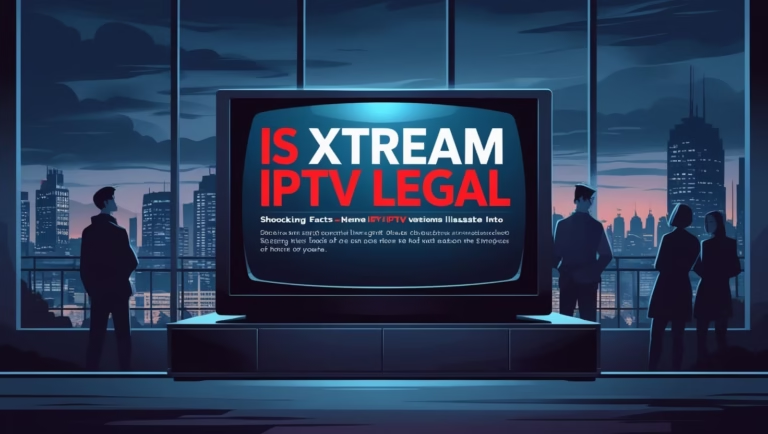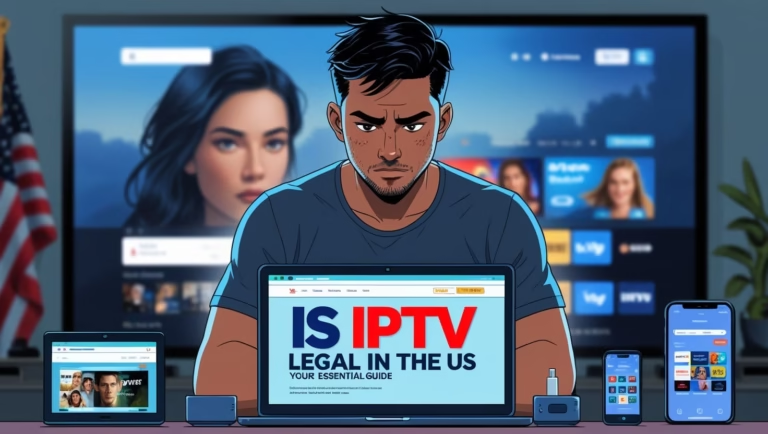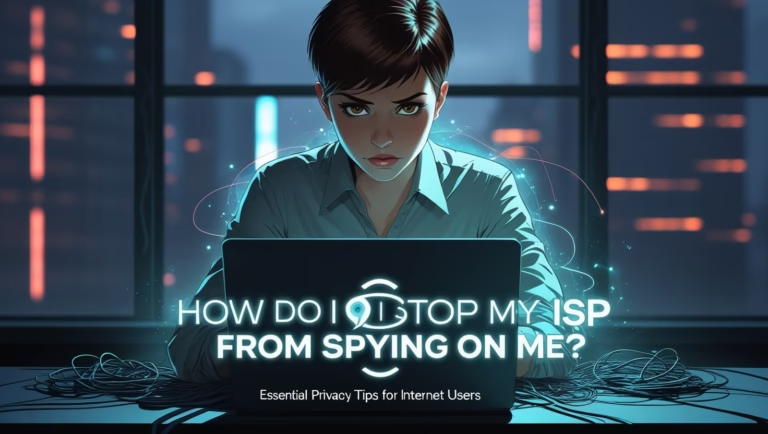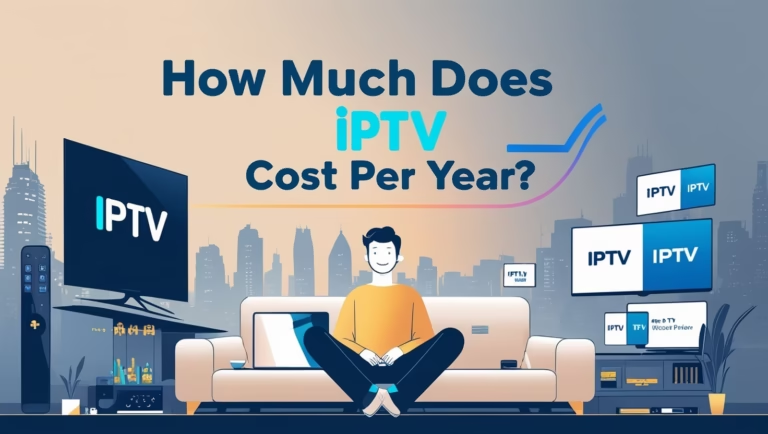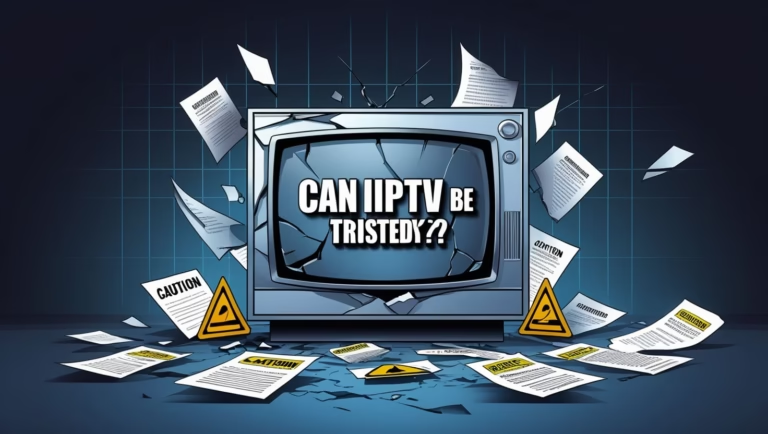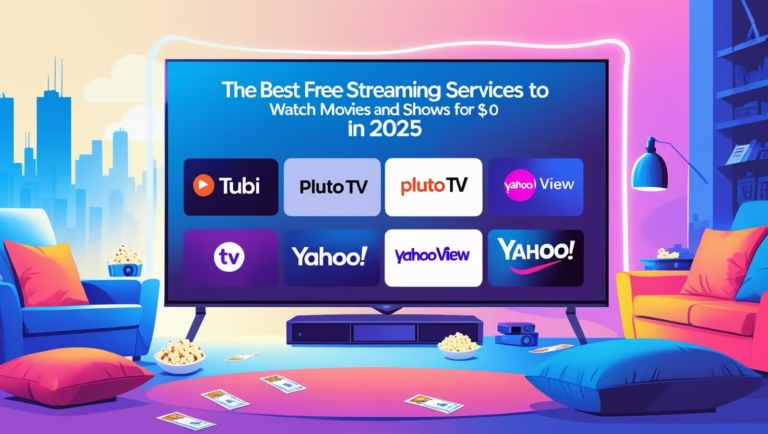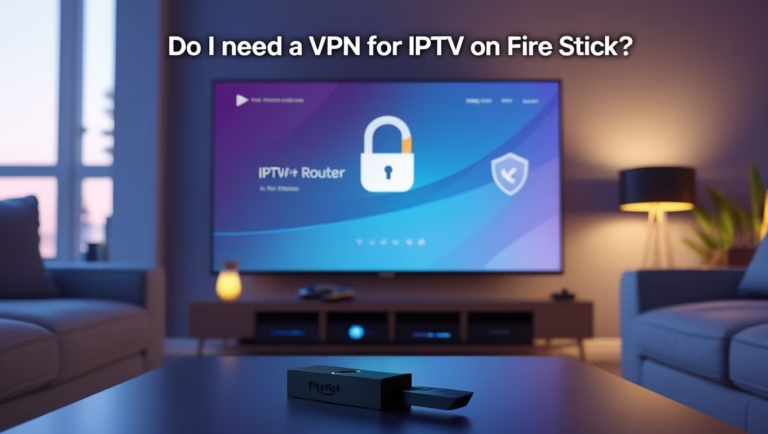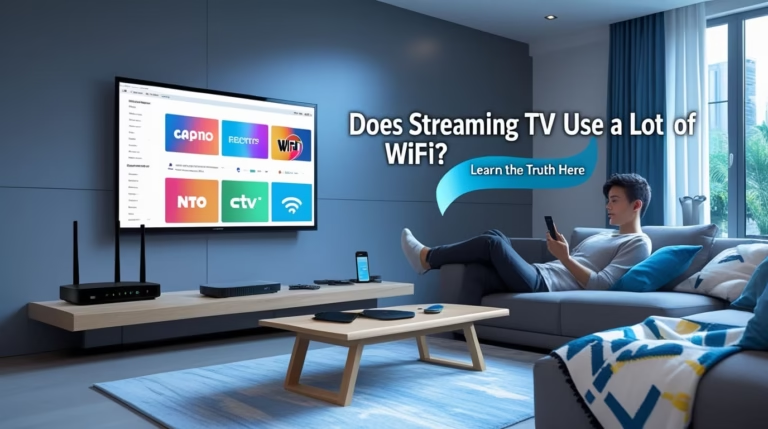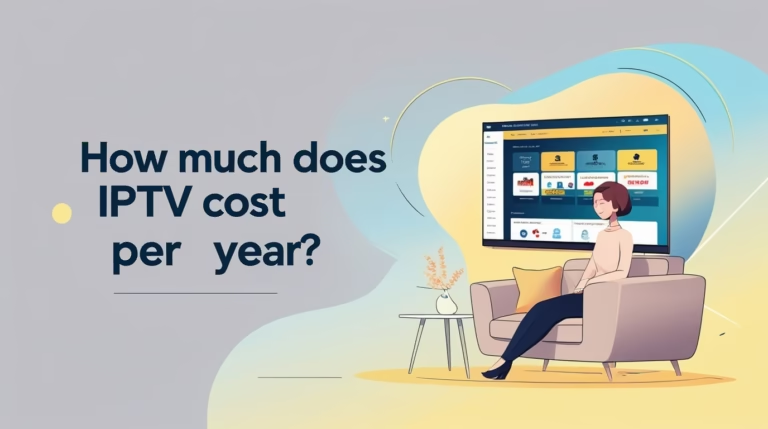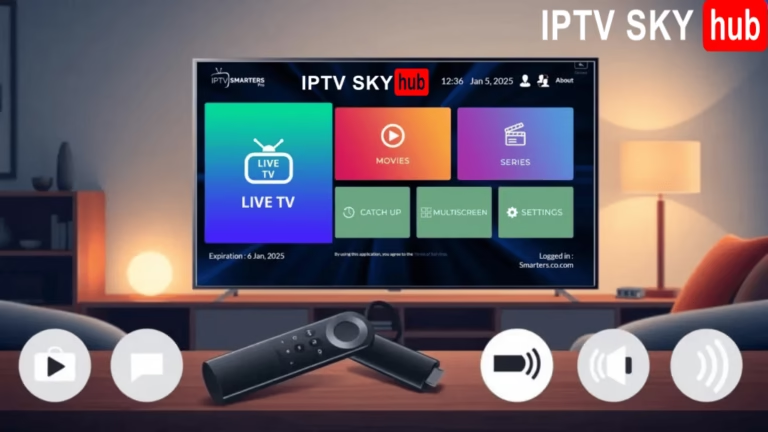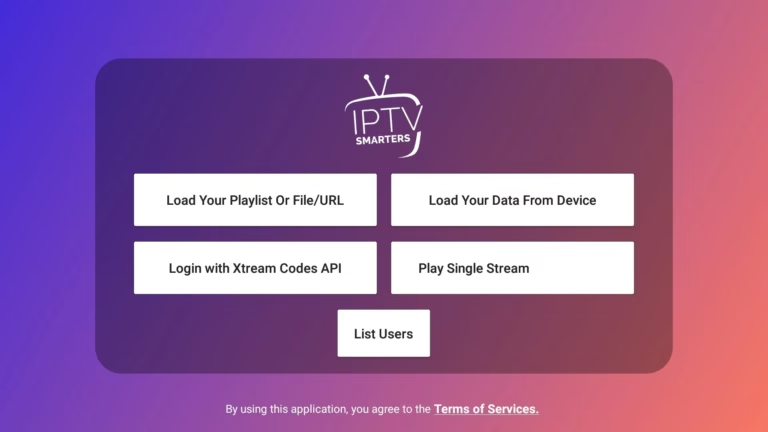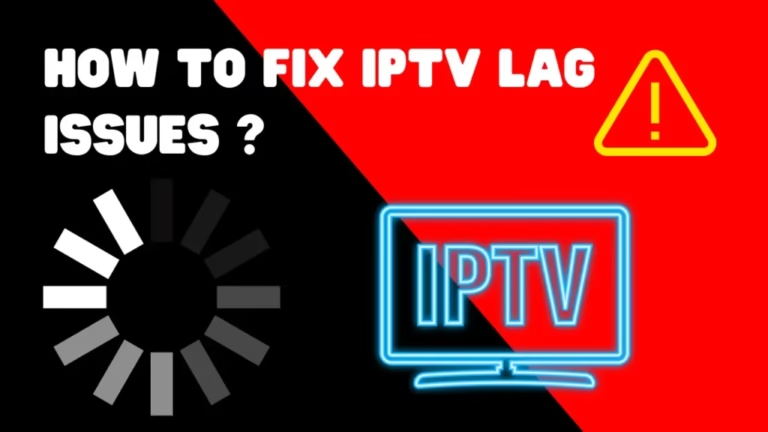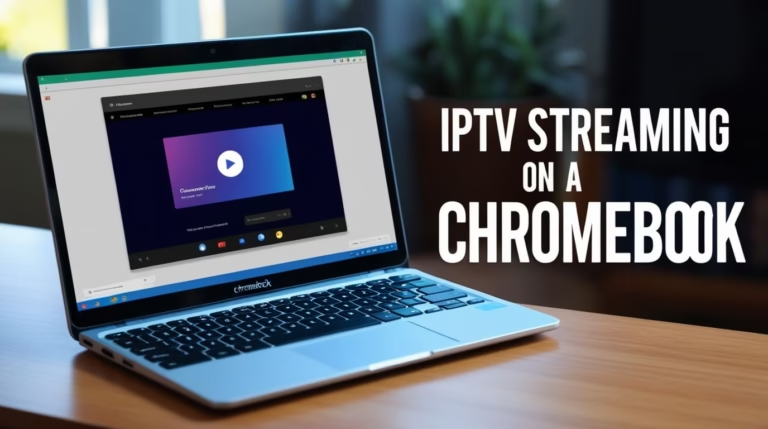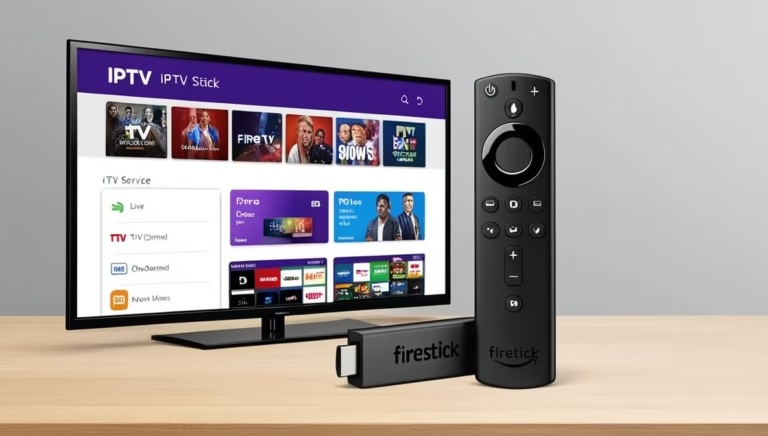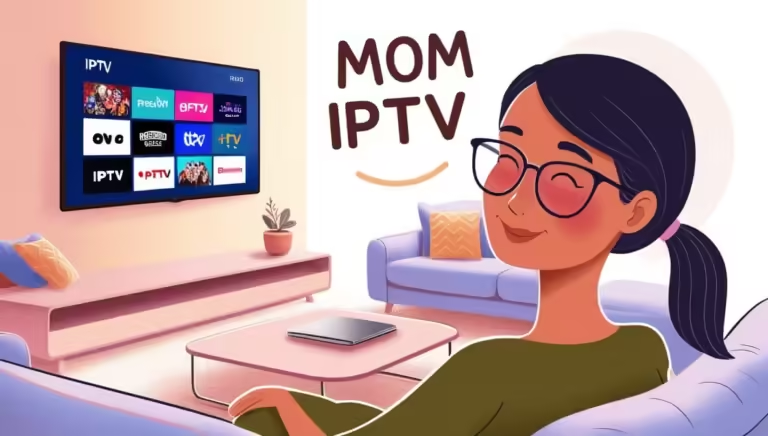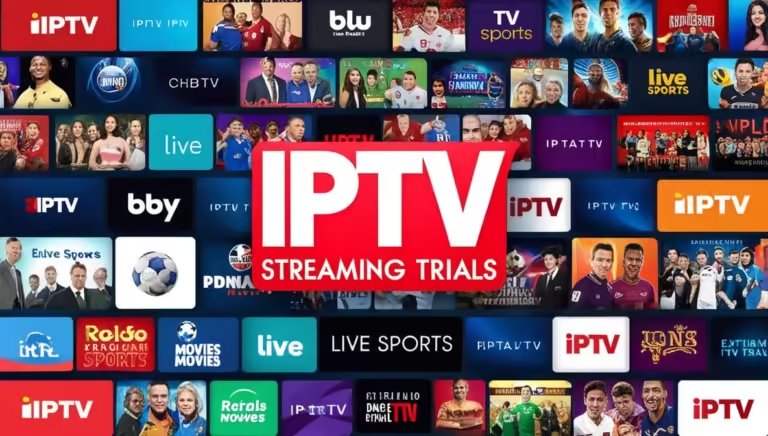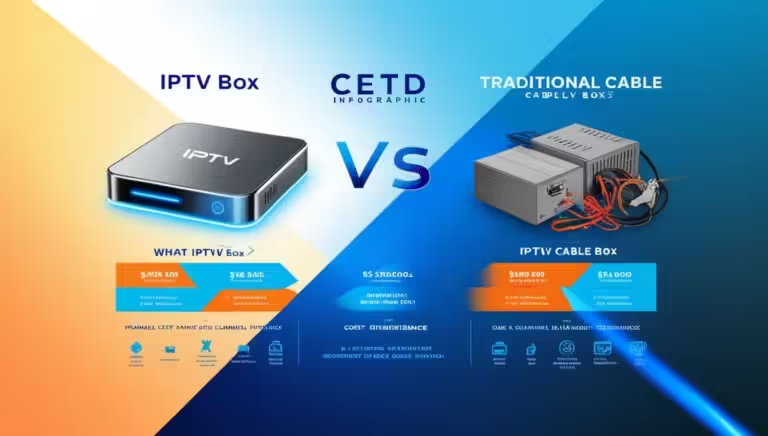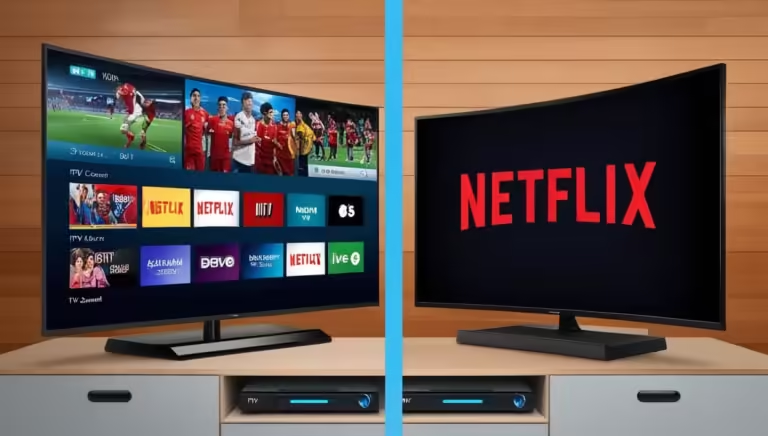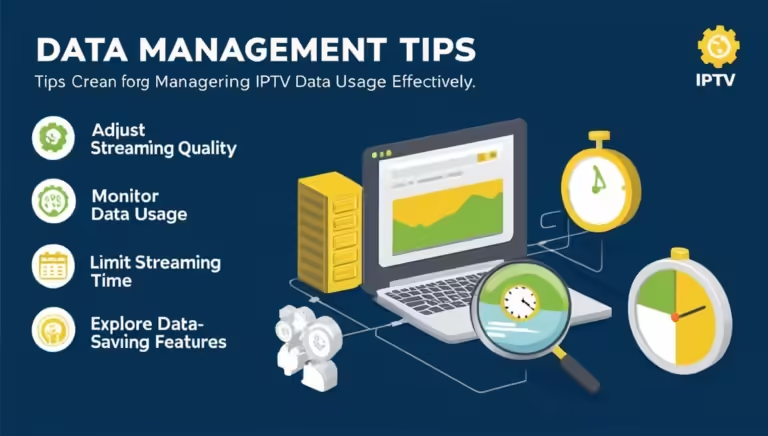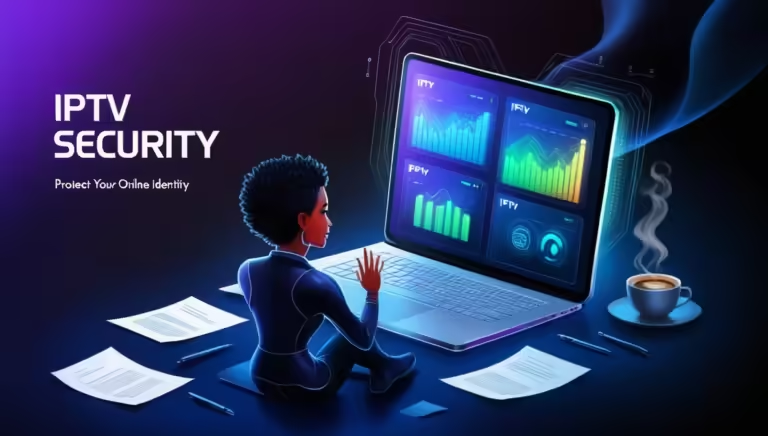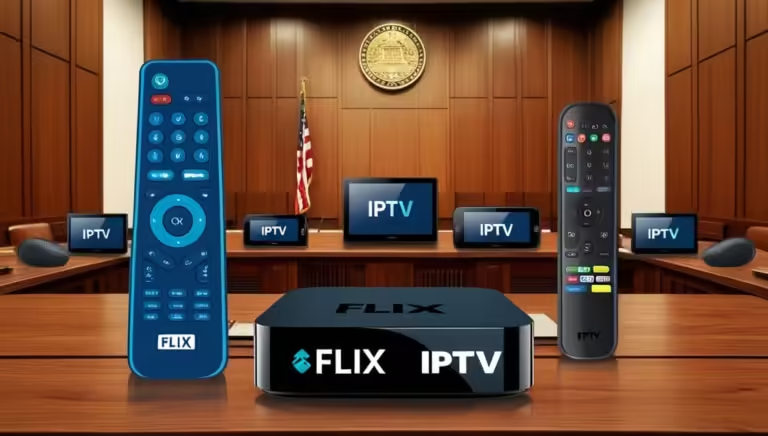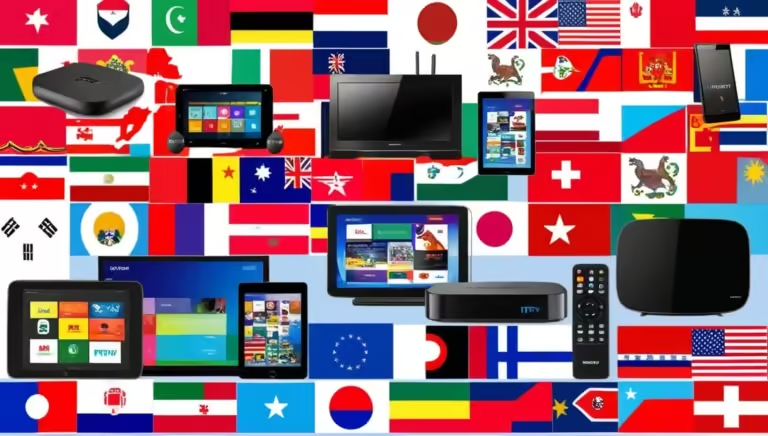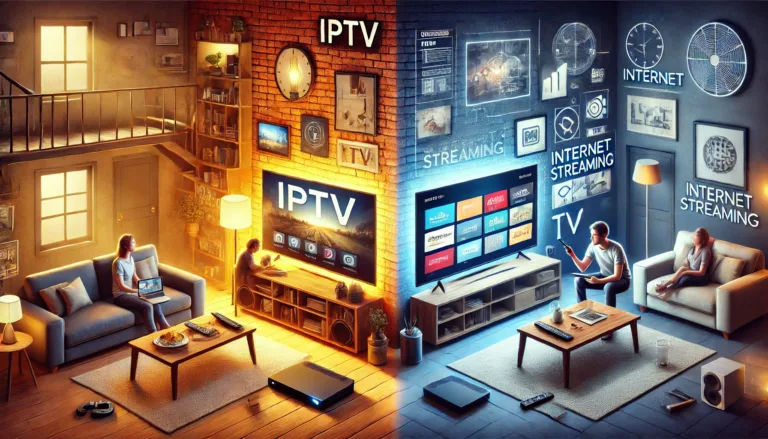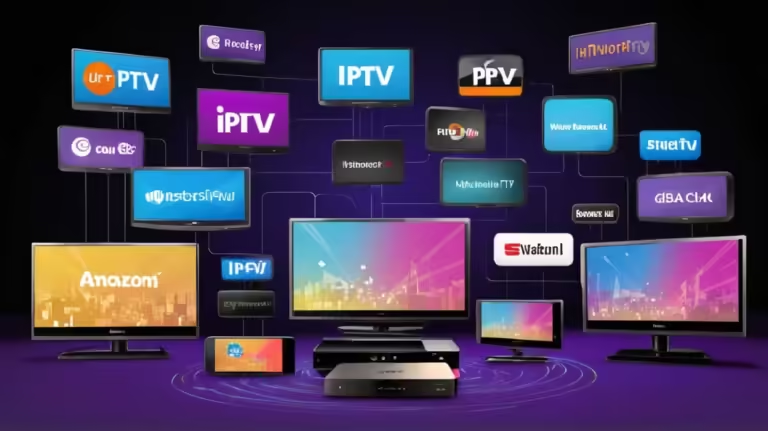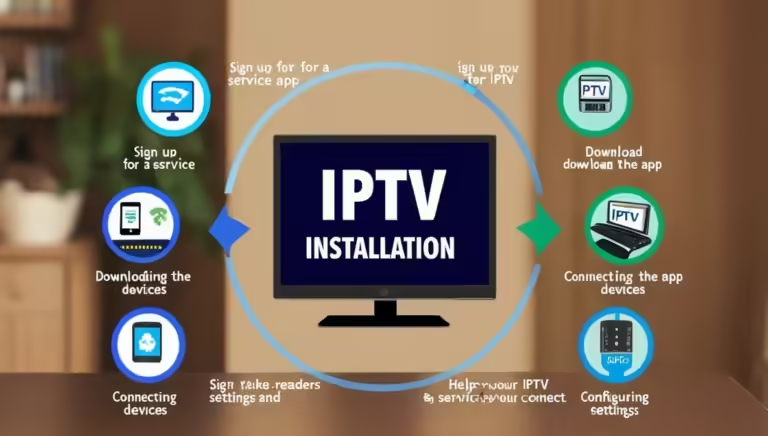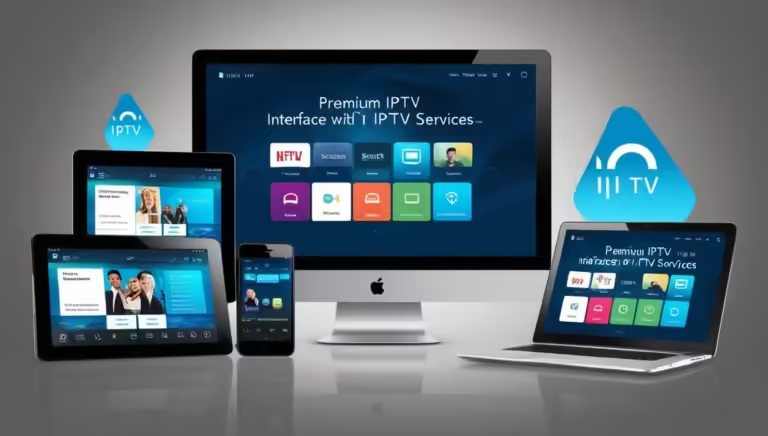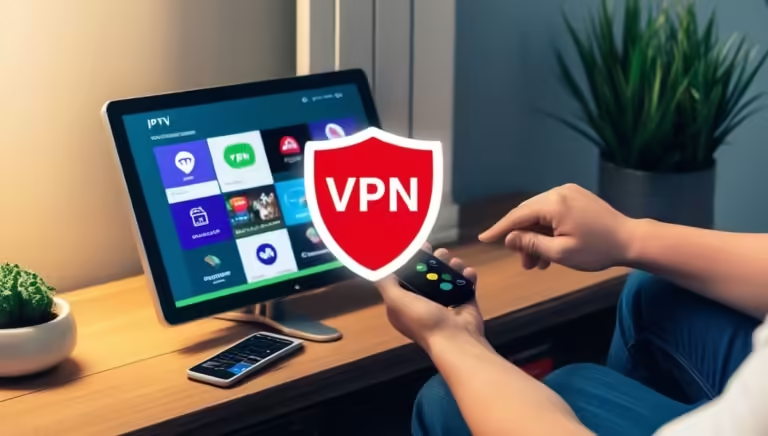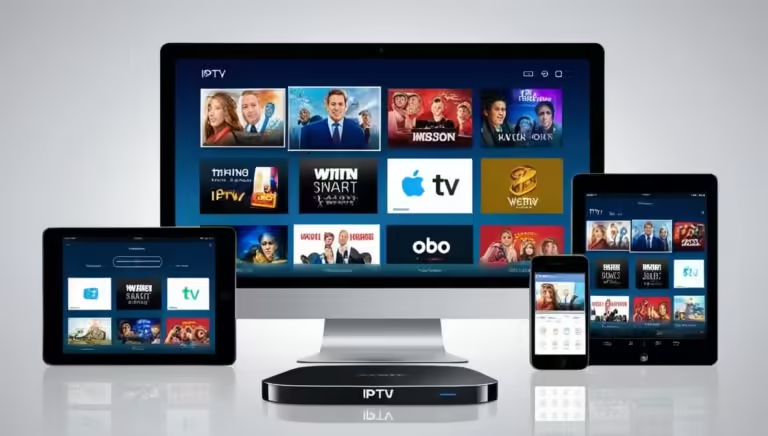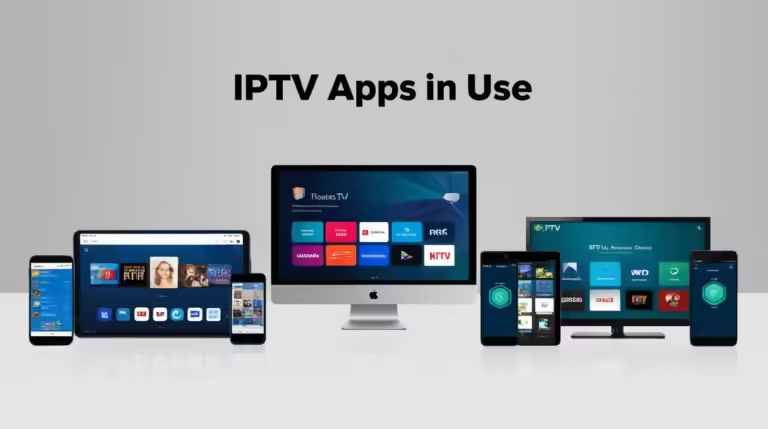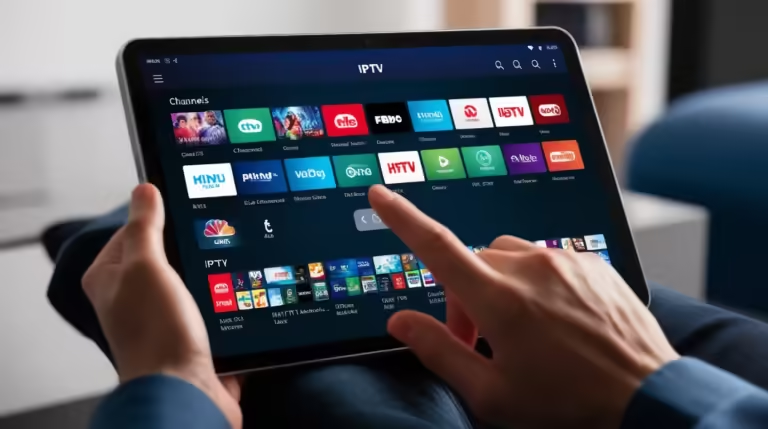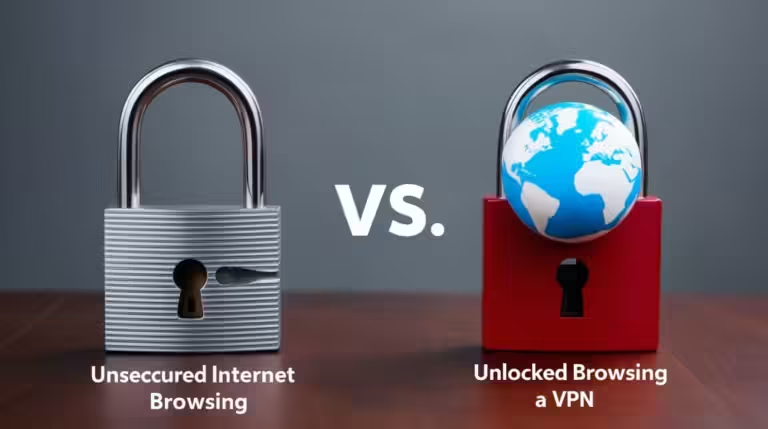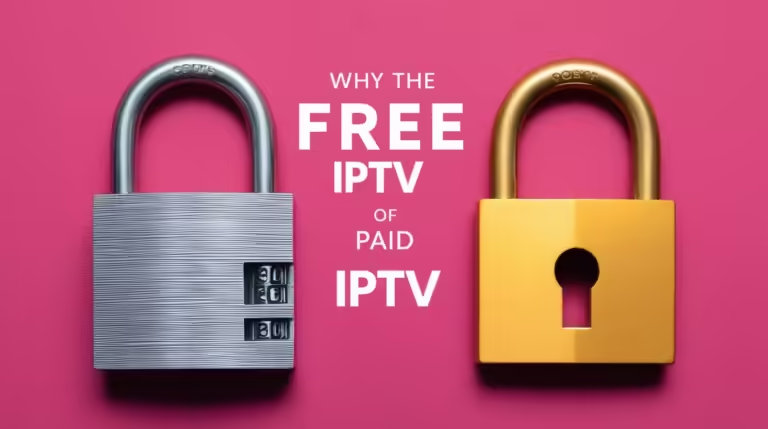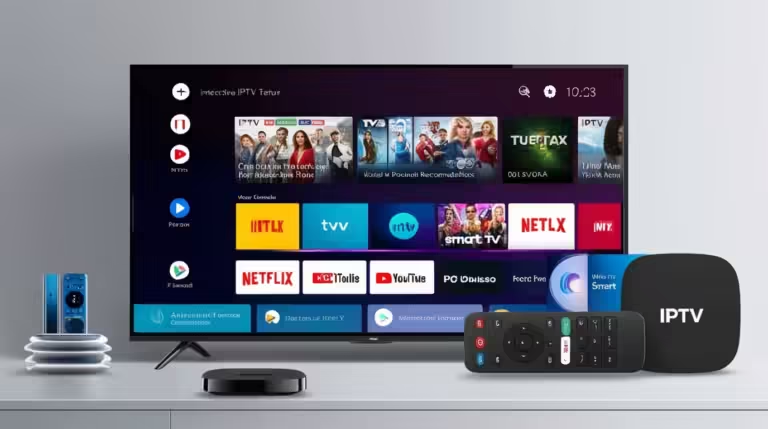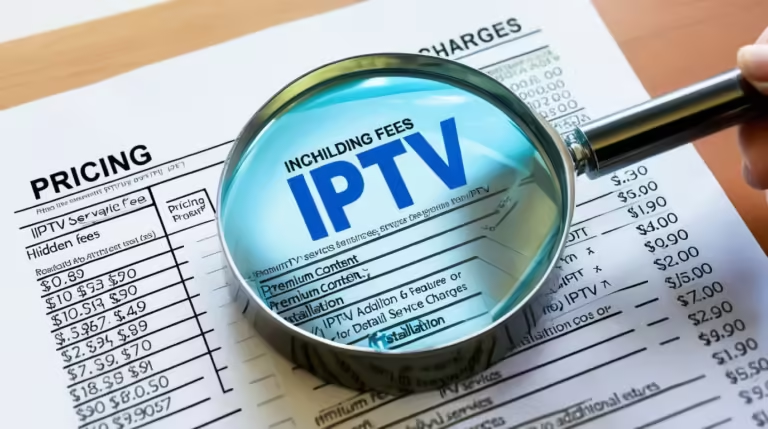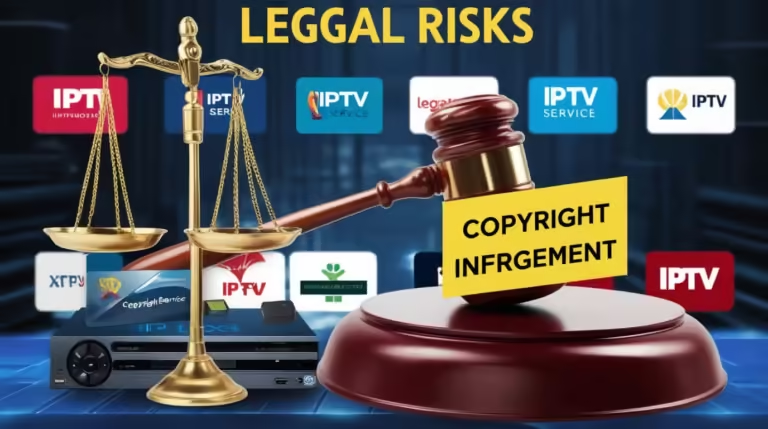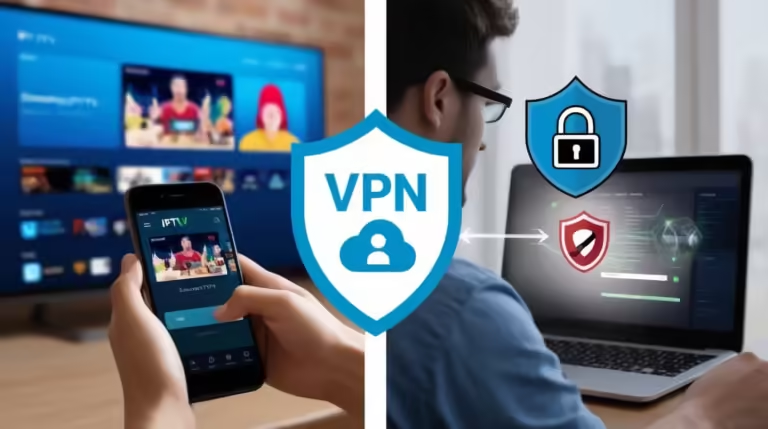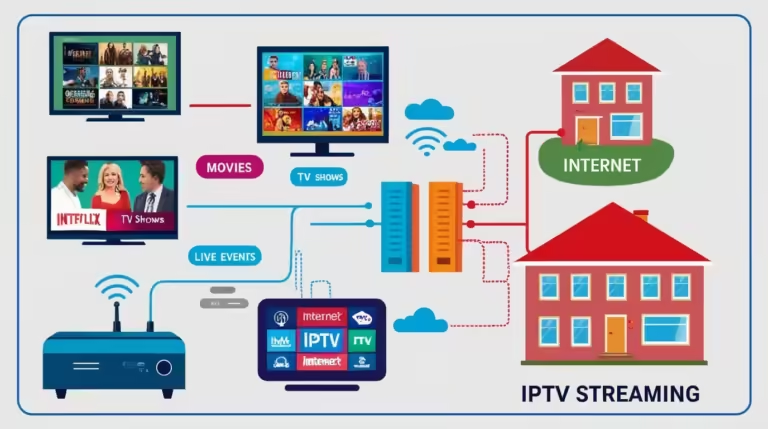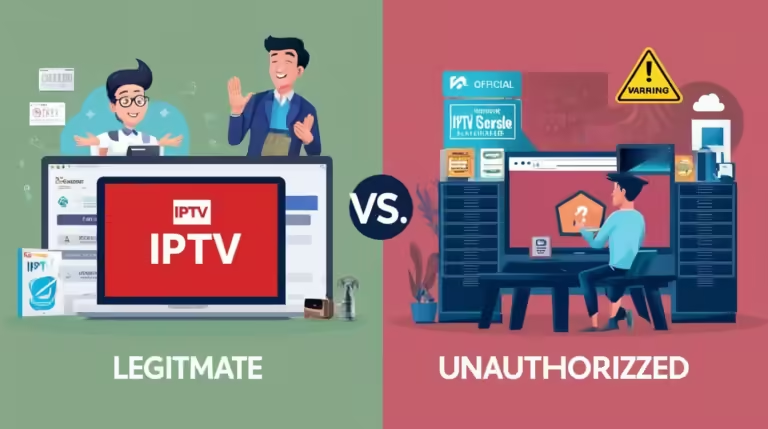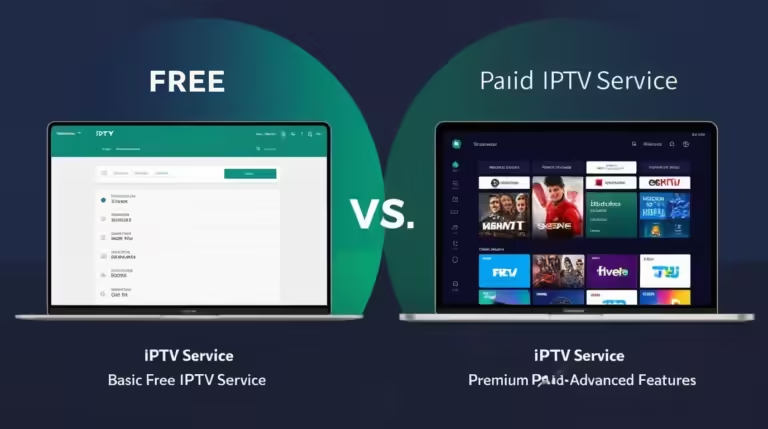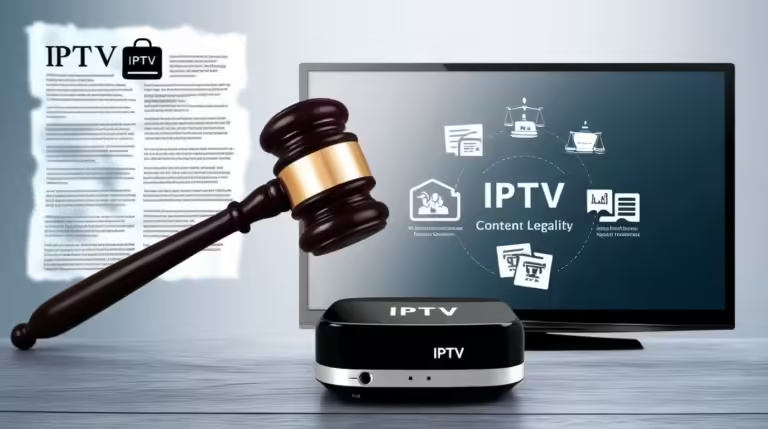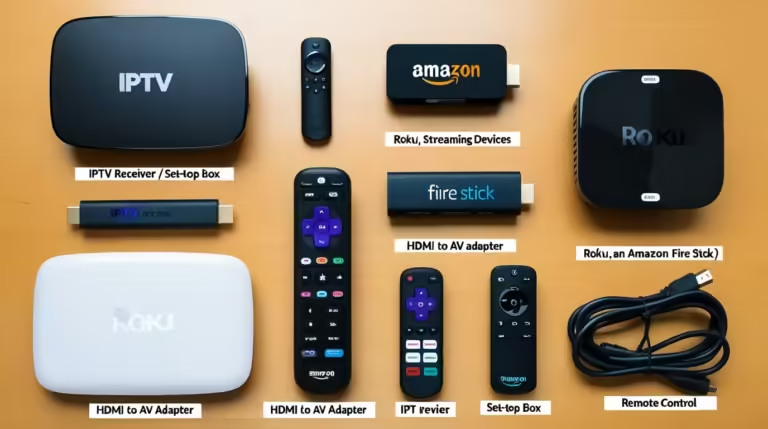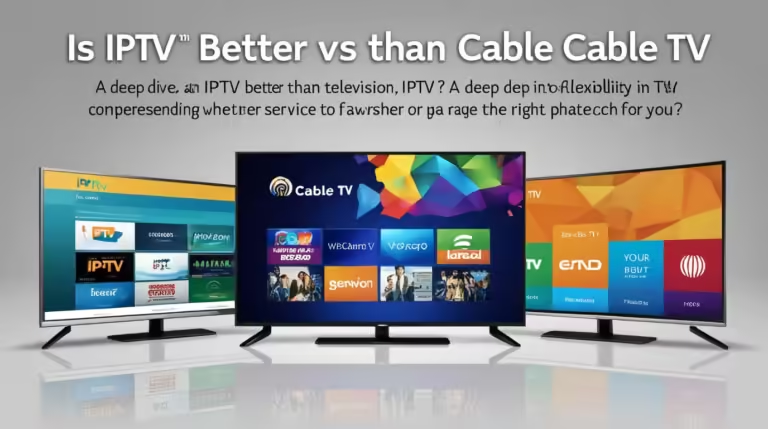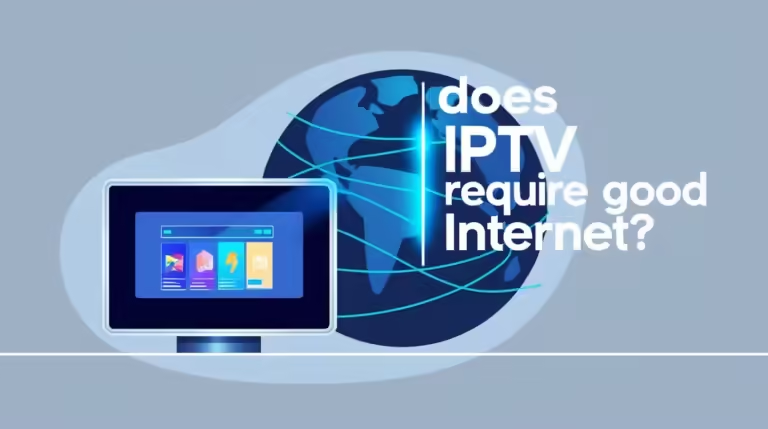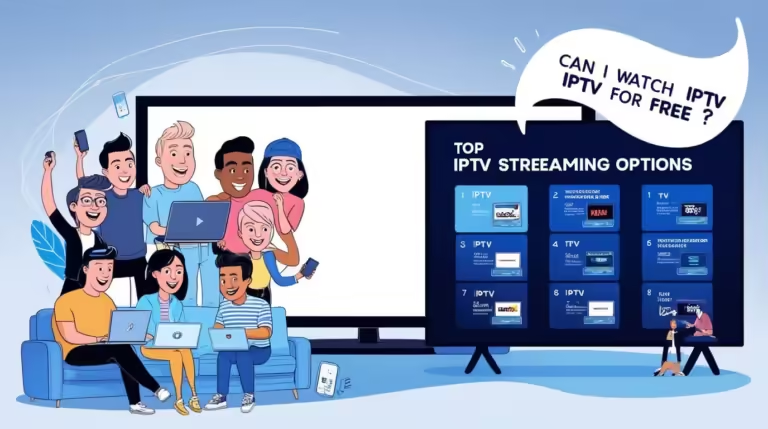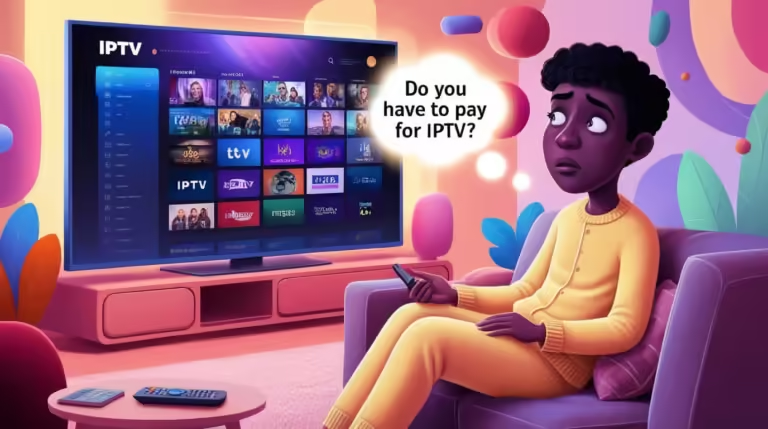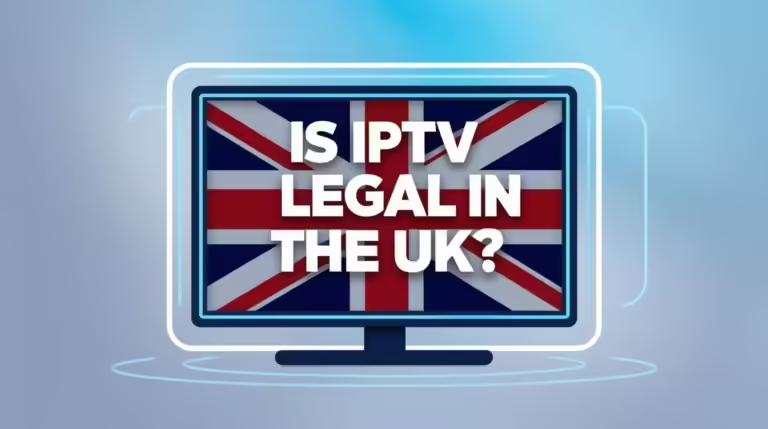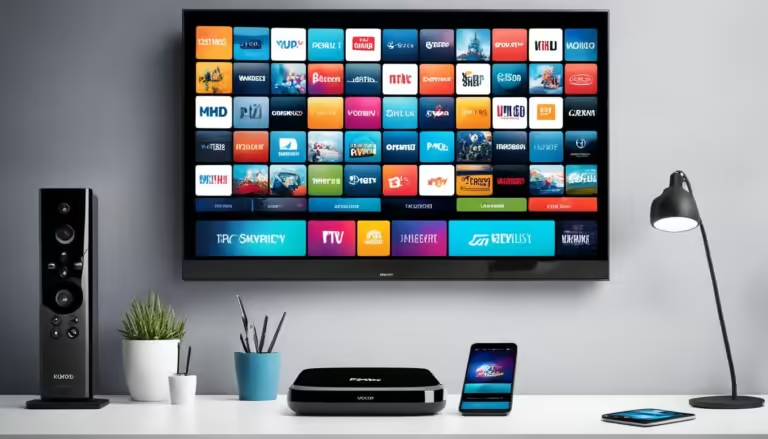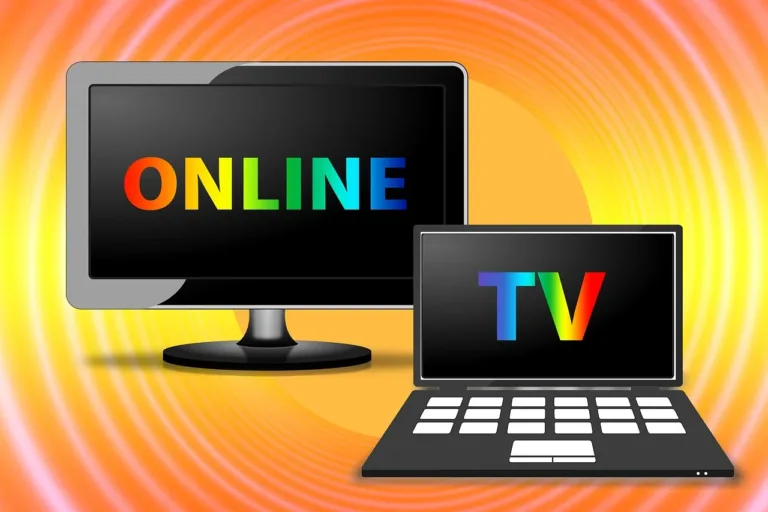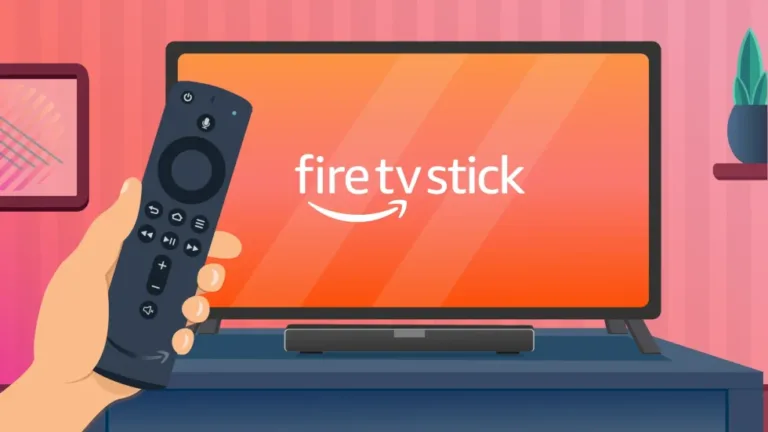In the ever-evolving world of digital entertainment, IPTV (Internet Protocol Television) has become a popular way to stream television content over the internet. With the rise of privacy concerns and cybersecurity threats, many users are asking, “Does IPTV have a VPN?” This question highlights an essential aspect of modern streaming services: the integration of VPNs (Virtual Private Networks) to ensure secure and private viewing experiences. In this article, we’ll delve into the relationship between IPTV and VPNs, explore how VPNs enhance your privacy, and examine whether IPTV services typically include built-in VPN solutions.
Does IPTV Have a VPN? Understanding the Basics of IPTV and VPN Integration

To answer the question, “Does IPTV have a VPN?” it’s crucial to first understand what IPTV and VPNs are and how they function individually. IPTV refers to the delivery of television content via internet protocols rather than traditional terrestrial, satellite, or cable formats. It allows viewers to stream TV shows, movies, and live broadcasts directly through their internet connection.
A VPN, on the other hand, is a service that creates a secure, encrypted connection between your device and the internet. This encryption hides your IP address and data from potential intruders, making your online activities more private and secure. VPNs are commonly used to bypass geo-restrictions, protect data on public networks, and enhance overall online security.
Integration of IPTV and VPN
The integration of IPTV and VPN technology can significantly enhance your streaming experience. While IPTV itself does not inherently include VPN features, using a VPN with IPTV can address several critical concerns. By encrypting your internet connection, a VPN can prevent unauthorized access to your personal data and viewing habits. Additionally, it helps to bypass geo-restrictions imposed by content providers, allowing you to access a broader range of channels and shows that might otherwise be unavailable in your region.
How IPTV and VPN Work Together
When you use IPTV in conjunction with a VPN, the VPN encrypts your internet traffic before it reaches the IPTV server. This means that your ISP (Internet Service Provider) and other third parties cannot monitor or interfere with your streaming activities. Moreover, the VPN masks your IP address, making it appear as if you are accessing content from a different location. This can be particularly useful for accessing international IPTV services or bypassing regional content blocks.
Does IPTV Have Built-In VPN Features?
Most IPTV services do not include built-in VPN features. Instead, they operate independently, focusing primarily on providing content through streaming. Therefore, if you want to enhance your privacy and security while using IPTV, you will need to use a separate VPN service. This separation allows you to choose a VPN provider that best suits your needs, offering flexibility and control over your online privacy.
The Role of VPNs in IPTV Services: What You Need to Know

So, does IPTV have a VPN? The answer is generally no, but understanding the role of VPNs in IPTV services is crucial for maintaining privacy and security. Here’s why a VPN is vital when using IPTV:
Enhancing Privacy and Security
A VPN encrypts your internet connection, which is essential when using IPTV services. Without a VPN, your IP address and streaming activities can be visible to your ISP and potential hackers. This exposure can lead to unwanted data collection, targeted advertising, or even identity theft. By using a VPN, you ensure that your online activities remain private and secure.
Bypassing Geo-Restrictions
Many IPTV services impose geo-restrictions, limiting access to content based on your geographical location. For instance, certain shows or channels may only be available in specific countries. A VPN can help you bypass these restrictions by masking your actual location and making it appear as though you are browsing from a different region. This opens up access to a wider range of content and streaming options.
Improving Streaming Experience
Using a VPN can also help improve your streaming experience by providing a more stable and faster connection. In some cases, ISPs may throttle (slow down) your internet speed if they detect high-bandwidth activities like streaming. A VPN can prevent this throttling by disguising your streaming activities, ensuring smoother and uninterrupted viewing.
Choosing the Right VPN for IPTV
When selecting a VPN for use with IPTV, consider factors such as server locations, speed, and compatibility. Look for a VPN provider that offers a wide range of server locations, allowing you to access content from different regions. Additionally, prioritize VPNs known for high-speed connections to prevent buffering and lag during streaming.
Does IPTV Have a VPN? How It Can Enhance Your Streaming Privacy

The question, “Does IPTV have a VPN?” often leads to exploring how a VPN enhances streaming privacy. While IPTV services do not typically include VPN features, incorporating a VPN into your streaming setup can offer several significant benefits.
Preventing Data Tracking and Monitoring
One of the primary benefits of using a VPN with IPTV is the prevention of data tracking and monitoring. ISPs and third-party entities can track your online activities, including your streaming preferences and viewing habits. A VPN obscures this data by encrypting your connection, ensuring that your activities remain private and protected from prying eyes.
Avoiding ISP Throttling
ISPs sometimes engage in throttling, where they intentionally slow down your internet speed based on your online activities. This can result in buffering, poor video quality, and an overall frustrating streaming experience. By using a VPN, you can prevent your ISP from detecting and throttling your streaming activities, leading to a more enjoyable and seamless viewing experience.
Accessing Restricted Content
A VPN allows you to access content that may be restricted in your region. Whether it’s international TV shows, exclusive channels, or premium content, a VPN can bypass these restrictions by masking your location and making it appear as though you are accessing the content from a permitted region. This flexibility enhances your streaming options and allows you to enjoy a broader range of content.
Securing Public Wi-Fi Connections
If you frequently use public Wi-Fi to stream IPTV content, using a VPN becomes even more critical. Public Wi-Fi networks are often less secure, making them vulnerable to hacking and data breaches. A VPN encrypts your connection on public networks, protecting your data from potential threats and ensuring a safer streaming experience.
Comparing IPTV Services: Do They Offer Built-In VPN Solutions?

When exploring the question, “Does IPTV have a VPN?” it’s essential to examine whether IPTV services offer built-in VPN solutions. In most cases, IPTV services do not include integrated VPN features. Here’s what you need to know about built-in VPN options and their availability:
Lack of Built-In VPN Features
The majority of IPTV services focus on delivering content rather than providing integrated VPN features. These services generally offer various channels, shows, and movies but do not include the added security and privacy benefits of a VPN. As a result, users must rely on third-party VPN providers to enhance their streaming experience.
Why IPTV Services Don’t Include VPNs
There are several reasons why IPTV services typically do not offer built-in VPN solutions. First, integrating a VPN involves additional complexity and costs, which many IPTV providers may prefer to avoid. Second, providing a VPN could lead to potential legal and licensing issues, especially when dealing with content distribution rights and geographical restrictions.
Third-Party VPN Solutions
Given the lack of built-in VPN features in most IPTV services, using a third-party VPN solution is often the best approach. Many reputable VPN providers offer dedicated apps and features designed to work seamlessly with IPTV services. By selecting a high-quality VPN, you can enjoy the benefits of enhanced privacy, security, and access to a broader range of content.
Evaluating IPTV Providers with VPN Options
While built-in VPN features are rare, some IPTV providers may offer VPN-like features or partner with VPN services to provide added security. When choosing an IPTV provider, look for those that emphasize privacy and security and consider whether they offer any additional tools or integrations to enhance your streaming experience.
Does IPTV Have a VPN? Exploring Third-Party VPNs for Better Security
When asking, “Does IPTV have a VPN?” it’s essential to consider the role of third-party VPNs in improving security and privacy. Since most IPTV services do not come with integrated VPN features, third-party VPN solutions are often necessary to achieve optimal protection.
Selecting the Right Third-Party VPN
Choosing the right third-party VPN for IPTV involves evaluating several factors, including server locations, speed, and privacy policies. Look for VPN providers that offer a wide range of servers in different countries, high-speed connections, and strong encryption protocols. These features ensure that you can access global content, enjoy smooth streaming, and maintain your privacy while using IPTV services.
Benefits of Third-Party VPNs
Third-party VPNs offer several benefits for IPTV users, including enhanced privacy, security, and access to restricted content. By using a third-party VPN, you can protect your data from potential threats, bypass geo-restrictions, and enjoy a more flexible streaming experience. Additionally, many VPN providers offer user-friendly apps and interfaces that integrate seamlessly with IPTV services.
Configuring a VPN for IPTV
Configuring a third-party VPN for IPTV is typically straightforward. Most VPN providers offer detailed instructions and support for setting up their services on various devices, including smart TVs, streaming boxes, and mobile devices. Follow the provider’s setup guide to ensure a smooth integration with your IPTV service.
Monitoring VPN Performance
After setting up a VPN with your IPTV service, it’s essential to monitor its performance. Check for factors such as connection stability, streaming speed, and overall user experience. If you encounter issues, consider troubleshooting steps such as changing server locations or contacting the VPN provider’s support team for assistance.
Conclusion
The question, “Does IPTV have a VPN?” reveals a crucial aspect of streaming privacy and security. While most IPTV services do not include built-in VPN features, integrating a third-party VPN can significantly enhance your streaming experience. By understanding the basics of IPTV and VPN integration, recognizing the role of VPNs in IPTV services, and exploring third-party VPN options, you can make informed decisions to protect your privacy and enjoy a more secure and unrestricted viewing experience. Embracing the benefits of VPN technology will help you unlock the full potential of your IPTV service while safeguarding your online activities.

